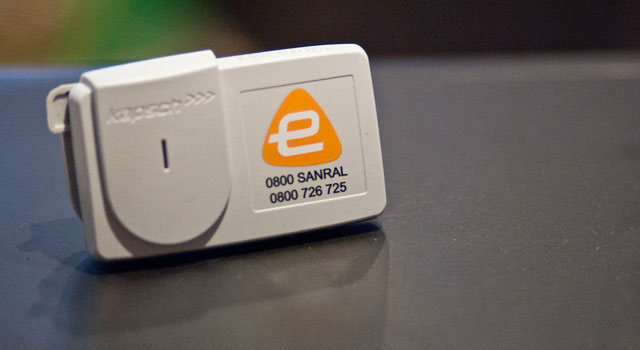
Motorists should continue paying their e-toll bills while the system is being reviewed, the ANC in Gauteng said on Tuesday.
“There’s a law approved by government … so they should continue to pay as we try to find a solution,” provincial chairman Paul Mashatile told journalists at the provincial legislature.
He was speaking after the ANC had presented its submissions to the Gauteng Advisory Panel on e-tolls.
During his presentation, however, he was asked by the panel whether the ANC would be willing to compromise on their stance on e-tolls. Mashatile said they stood with what the people wanted.
“Suggesting to our people that they’d pay even if they don’t like it … we won’t support that,” he said, explaining that the ANC represented scores of people who were against the tolling system.
“We represent people crying out loud for a burden to be removed from their shoulders,” he said.
Urban tolling would “kill the economy” and the current system needed to be reviewed.
Mashatile said lessons were learnt from the largely rejected system as the public believed they were not properly consulted prior to the green light being given to the system. “We should accept we needed a longer consultation process,” he said.
The ANC said alternative methods to e-tolling should have been explored prior to the system being implemented. “We aren’t opposed to the user-pay principle but to the current model of the e-toll system,” said Mashatile.
The ANC suggested a national nominal increase in the fuel levy or an increase in vehicle licence fees to cover the debt incurred through the Gauteng Freeway Improvement Project (GFIP). The money collected could be used to improve the roads in other provinces, too.
Speaking on the sidelines of the proceedings, Mashatile said the ANC believed it was possible to sway the department of transport’s stance on e-tolls.
Last month, transport minister Dipuo Peters was alleged to have distanced herself from the tolls review.
The Star newspaper reported that during a radio interview, Peters said there would be no review of the user-pays principle. She claimed Gauteng premier David Makhura had told her the panel would do an economic analysis of the whole GFIP and not the tolls. “But unfortunately for me, that panel seems to have taken a life of its own,” Peters was quoted as saying.
The Democratic Alliance followed the panel proceedings through social networking site, Twitter. Turning to his Twitter account, DA MPL Jack Bloom wrote: “How can Gauteng ANC credibly argue against e-tolls when they started it!”
Addressing the panel, Mashatile said the current model of the e-tolling system was a “complete departure” from what government agreed to with roads agency Sanral when the project was mooted in 1997.
He said the two sides could co-operate and review the process.
The panel, chaired by Prof Muxe Nkondo, was appointed by Makhura on 17 July.
Its duty was to assess the social and economic impact of e-tolls.
It was intended to examine the economic and social impact of the Gauteng Freeway Improvement Project and the electronic tolling system set up to fund it.
The panel has held public hearings and accepted submissions from different political groups, including the Economic Freedom Fighters, the Democratic Alliance and the Freedom Front Plus.
The ANC was the last group to present its findings to the panel.
However, Makhura’s spokesman Thabo Masebe said the work of the panel was not yet concluded.
“They might decide to have round table meetings with the experts and then they will meet as a panel and go through the submissions and evidence they collected,” said Masebe.
“They have to analyse everything they collected through public meetings and organised formations and the research they commissioned. Once they have done all that, they will start compiling their report and make their recommendation to the premier.”
The panel would present its findings to Makhura by the end of November. — Sapa




